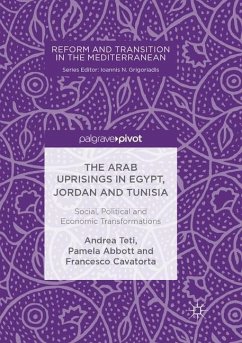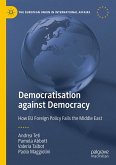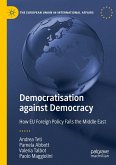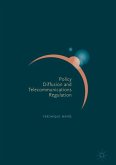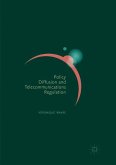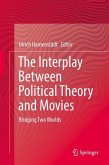The Arab Uprisings were unexpected events of rare intensity in Middle Eastern history - mass, popular and largely non-violent revolts which threatened and in some cases toppled apparently stable autocracies. This volume provides in-depth analyses of how people perceived the socio-economic and political transformations in three case studies epitomising different post-Uprising trajectories - Tunisia, Jordan and Egypt - and drawing on survey data to explore ordinary citizens' perceptions of politics, security, the economy, gender, corruption, and trust. The findings suggest the causes of protest in 2010-2011 were not just political marginalisation and regime repression, but also denial of socio-economic rights and regimes failure to provide social justice. Data also shows these issues remain unresolved, and that populations have little confidence governments will deliver, leaving post-Uprisings regimes neither strong nor stable, but fierce and brittle. This analysis has direct implications both for policy and for scholarship on transformations, democratization, authoritarian resilience and 'hybrid regimes'.

